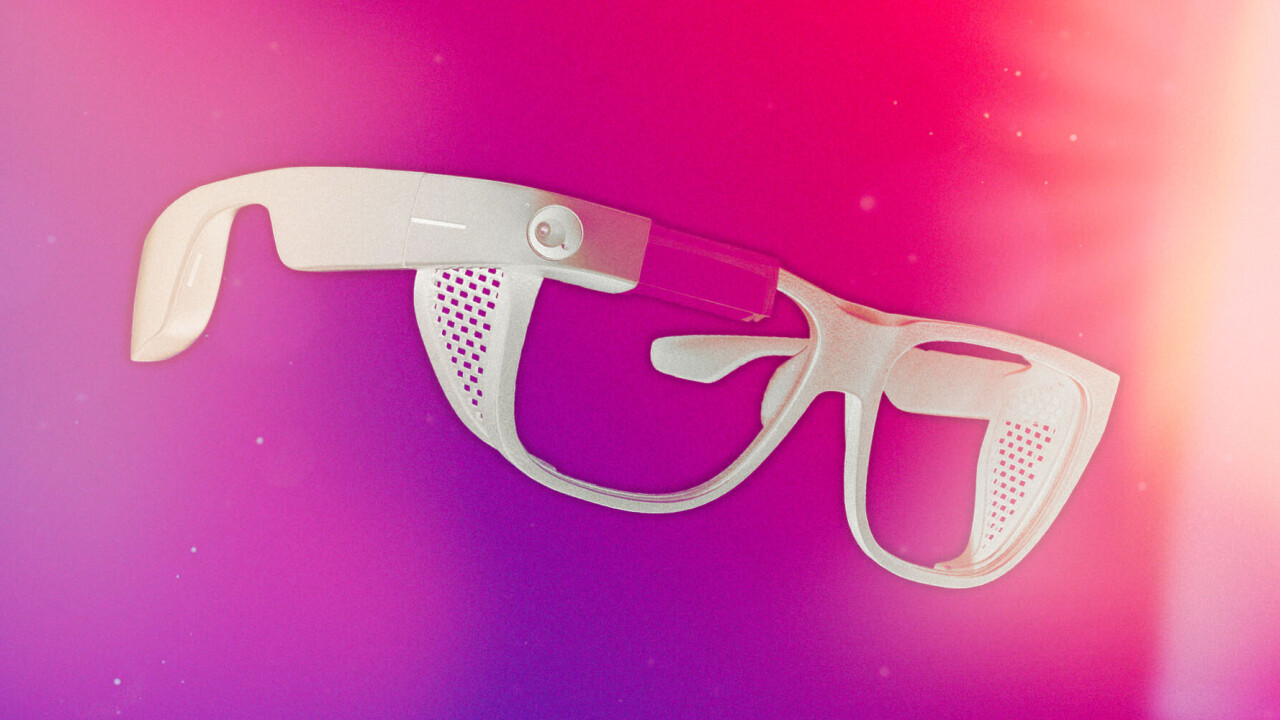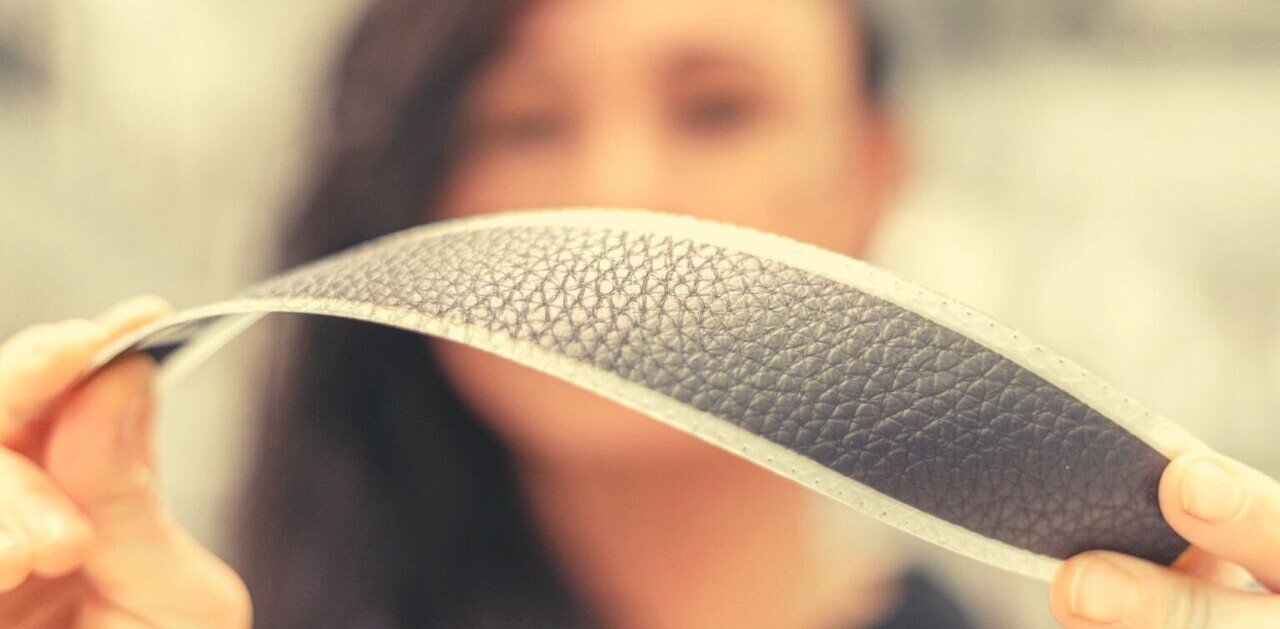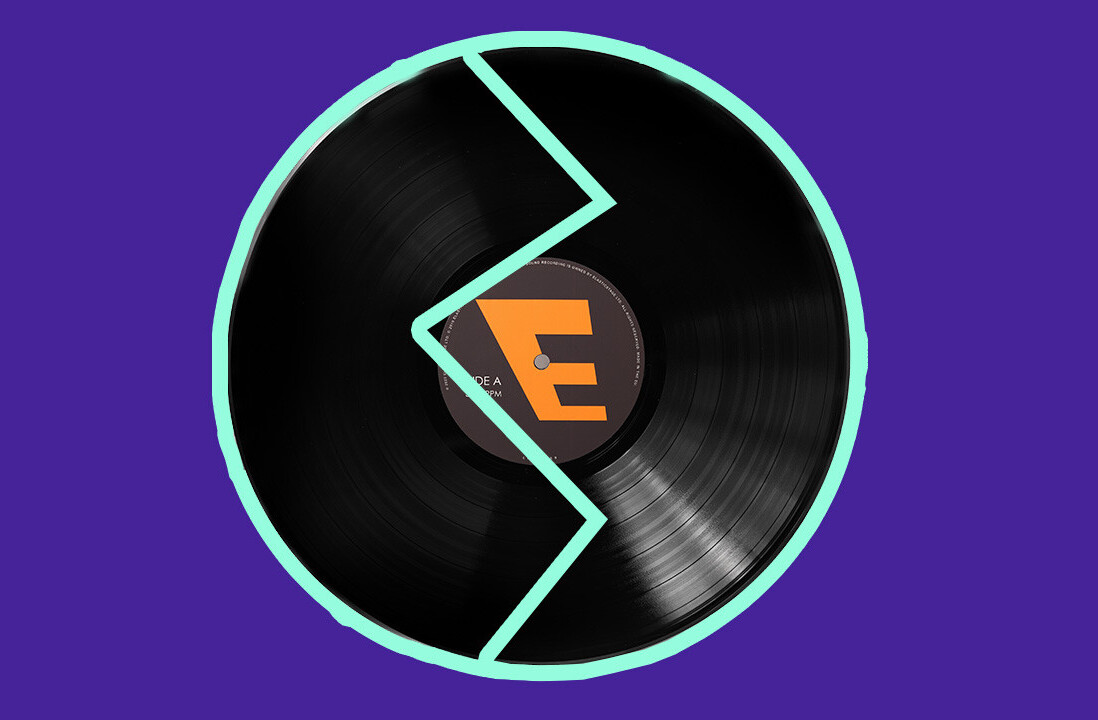
Some would say Google Glass was just ahead of its time.
While Glass is no longer sold to everyday consumers (it lives on in an enterprise version), it was in many ways was the public’s first introduction to mixed reality experiences. And while Google has stayed quiet on AR (and VR) devices for a few years, it appears the company is preparing to jump back into the fray in a big way.
As spotted by 9to5Google, Google is working on both a new operating system for augmented reality, as well as a device to show off the new OS. Mark Lucovsky, formerly general manager for operating systems at Oculus, posted on LinkedIn that he’s joined Google to lead its AR OS team.
He also posted a link to an open Senior Software Engineer position at the company, which involves designing and building “software for embedded processors within next-generation immersive computing products” and “solving cross-functional problems to create compelling AR experiences on high-customized hardware platforms.”
That sure sounds like Google is not just building an OS for AR, but the hardware to accompany it as well. Indeed, other open positions, say members of the new AR team would be building the software for things like the camera and input devices for an upcoming “innovative AR device.”
It’s interesting to see Google diving back into the AR fray after Glass’ underwhelming reception, but it’s not terribly surprising. Google is notorious for trying new things and then abandoning them — there’s even a website dedicated to dead Google projects — but it also often revisits product categories when the tech world has caught up with its ambitions.
Now, with Facebook’s rebranding to Meta and increasingly concrete rumors about Apple’s AR headset, there’s more attention on the ‘metaverse’ and imminent AR/VR experiences than ever.
That said, it’s curious that the job listings make no mention of VR; the company has traditionally branded AR and VR together. Whether that’s because the company is no longer focusing on VR or because it now considers VR to simply be an extension of AR remains to be seen.

It’s not clear what form this new AR device will take, but I wouldn’t expect it to look anything like the original consumer version of Glass.
That’s a bit of a shame; part of me wonders whatGlass’ reception would have been like if it were re-released today with modern hardware. Though some of the reason Glass originally failed to garner traction was that society wasn’t ready for glasses with an embedded camera (and it’s probably still not ready), the other part was that it wasn’t that pleasant to use.
From my recollection, tapping and swiping on your glasses was a little awkward, voice commands weren’t as good as they are today, the display was tiny, and the whole thing felt sluggish — like most early wearables. Though some of the original’s issues might remain — battery life in particular — most of them would likely not be major issues with modern hardware.
It’s also notable that Google appears to be working on a new operating system altogether, rather than leveraging Android or Wear OS. It makes sense that Google would want to create a specialized operating system, given the specific requirements for AR headsets, but the language in the job postings makes feel Google is aiming to build a platform for AR experiences rather than banking its success on a single AR device.
With the AR space heating up so quickly, I expect we’ll be hearing a lot more about Google’s ambitions in 2022.
Get the TNW newsletter
Get the most important tech news in your inbox each week.





